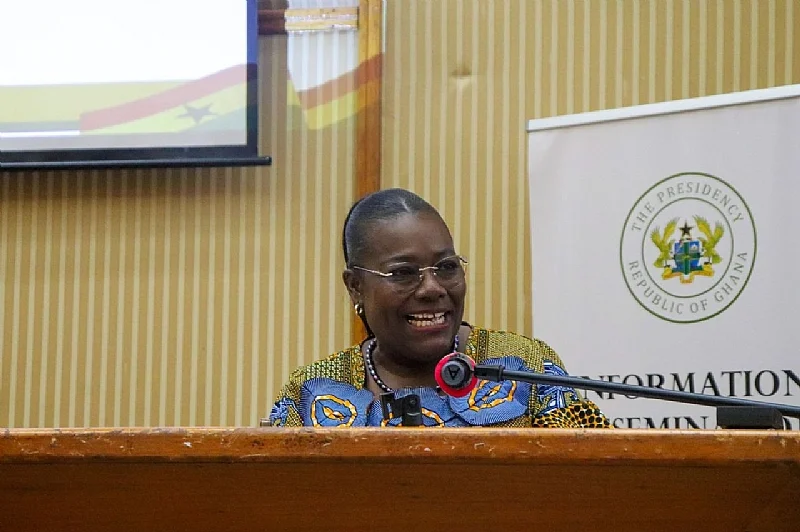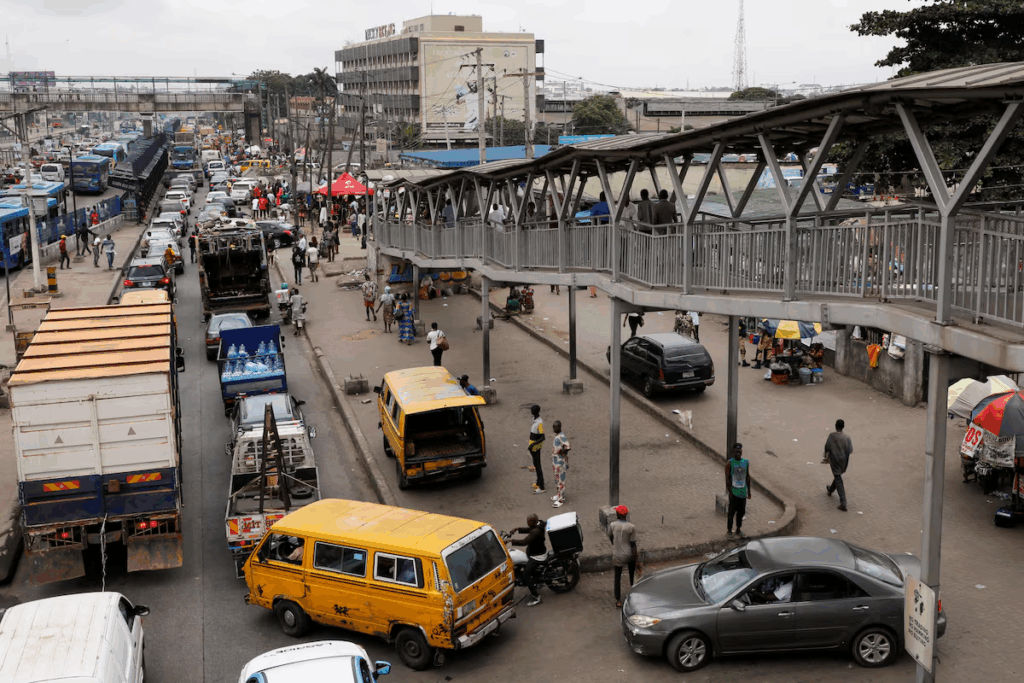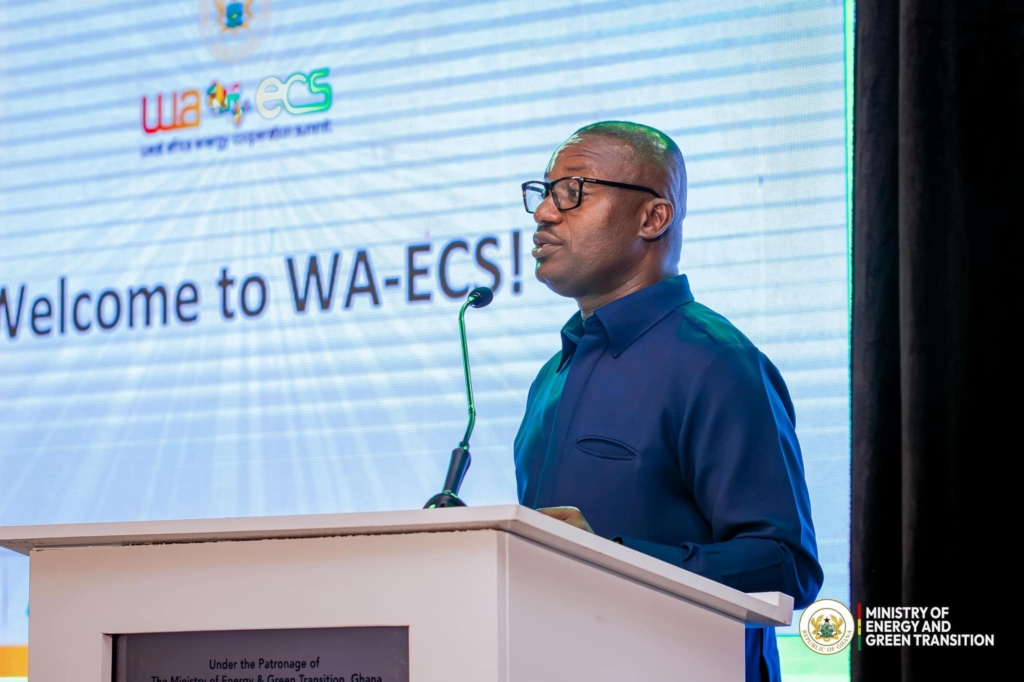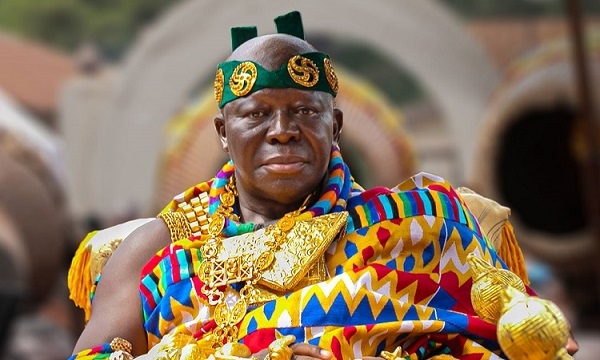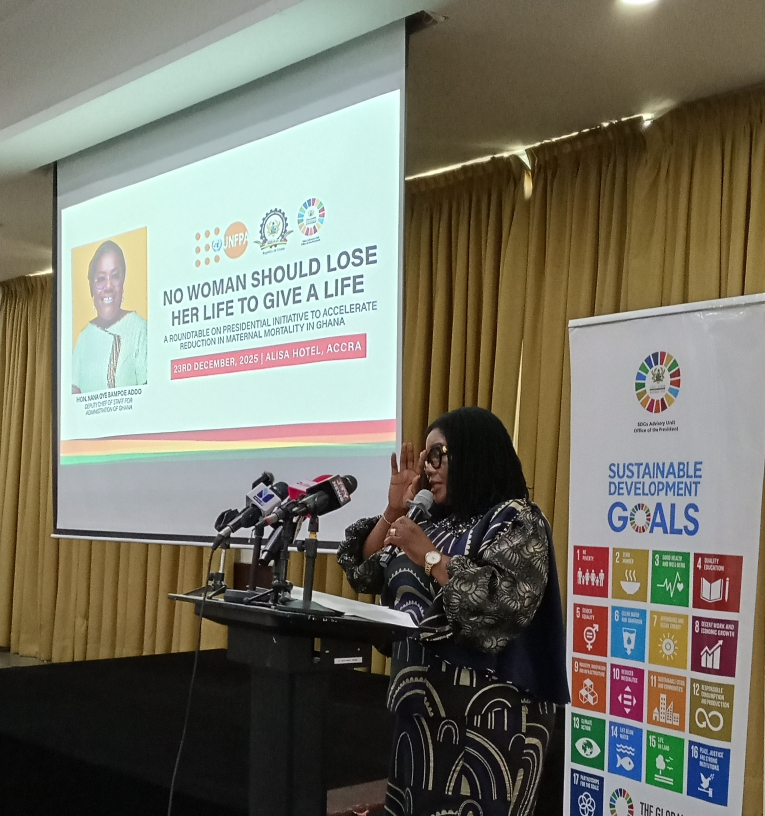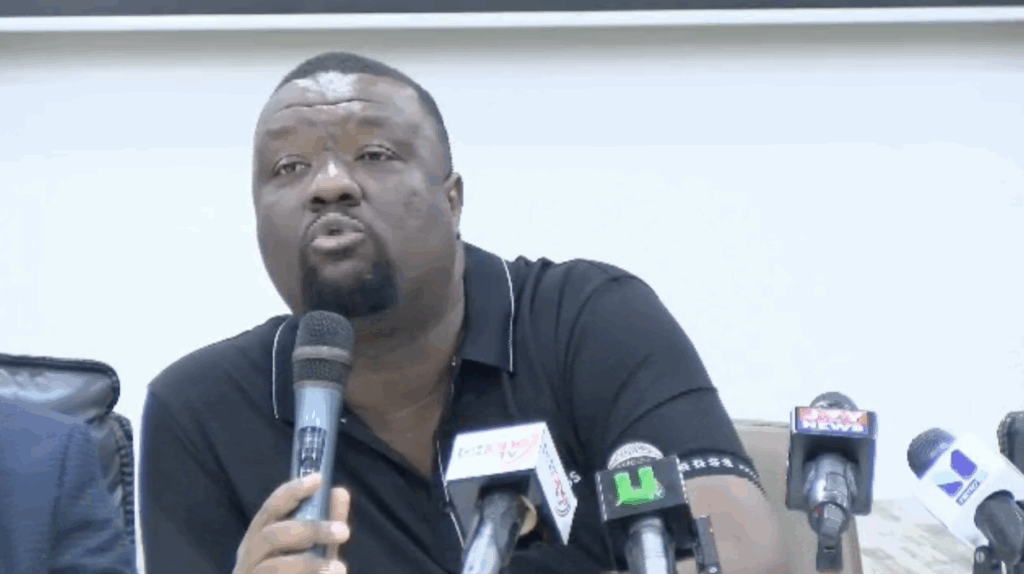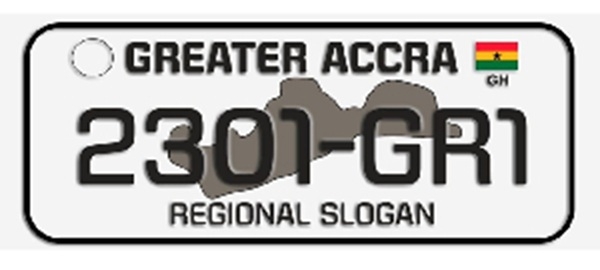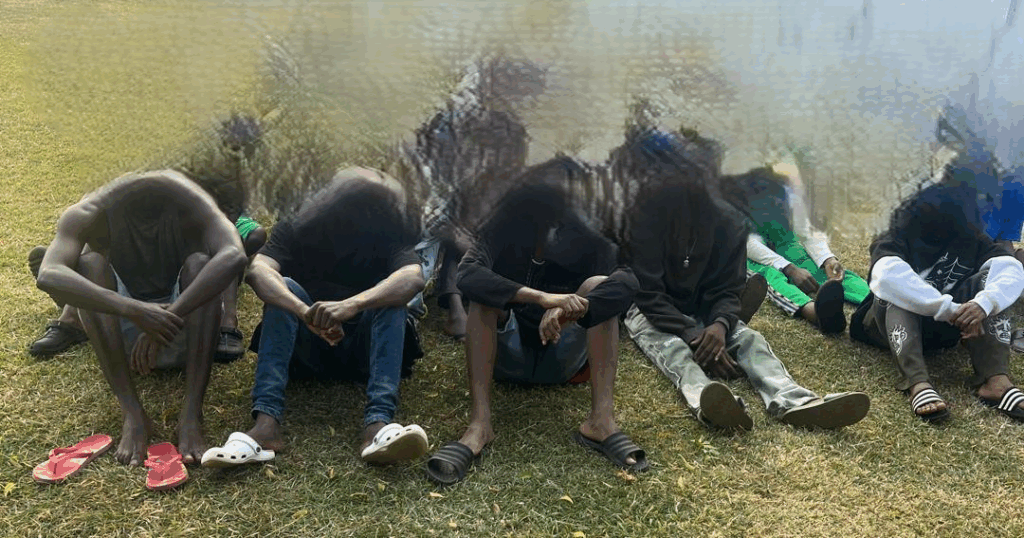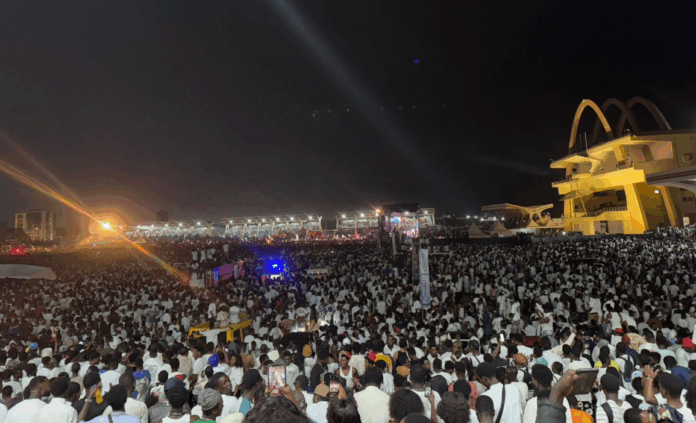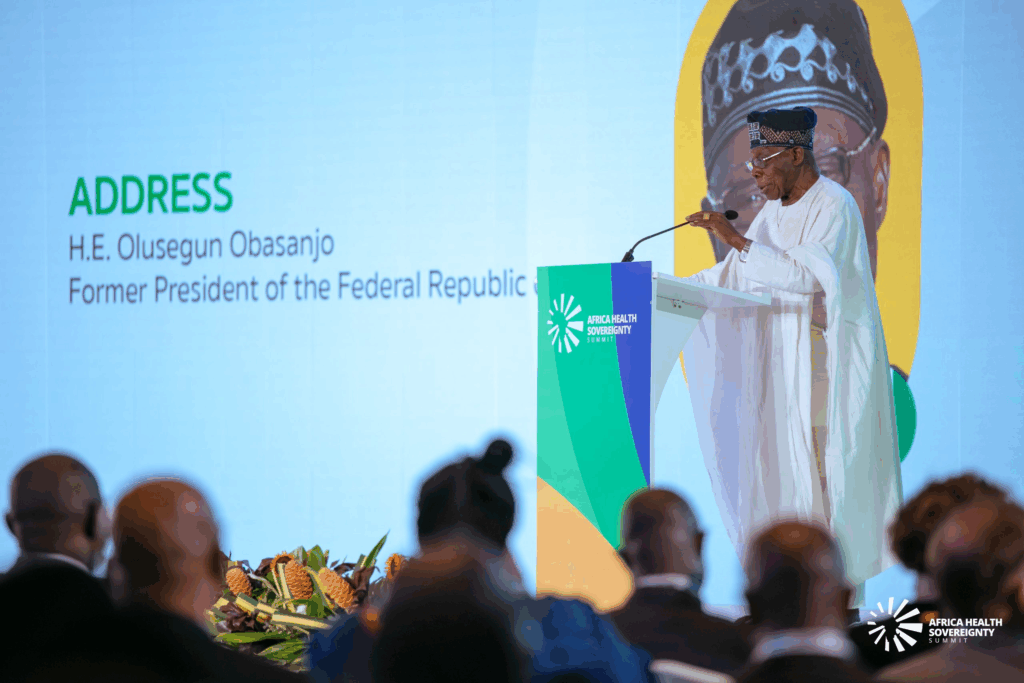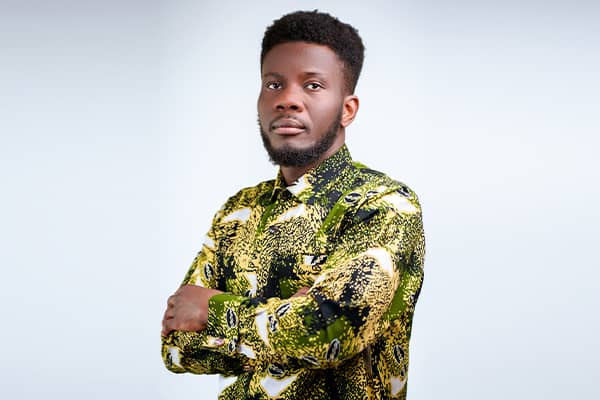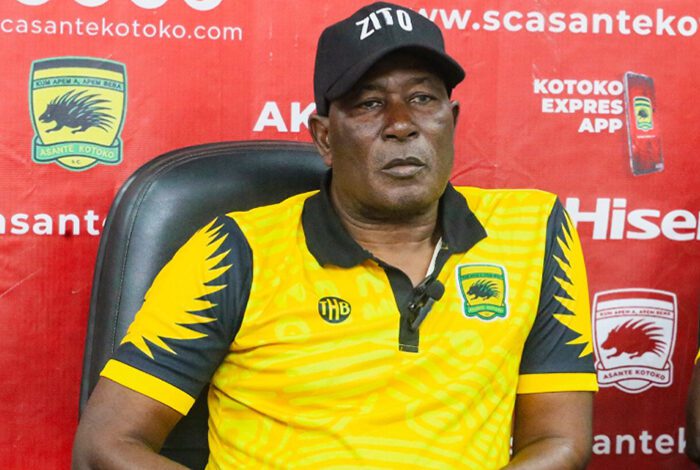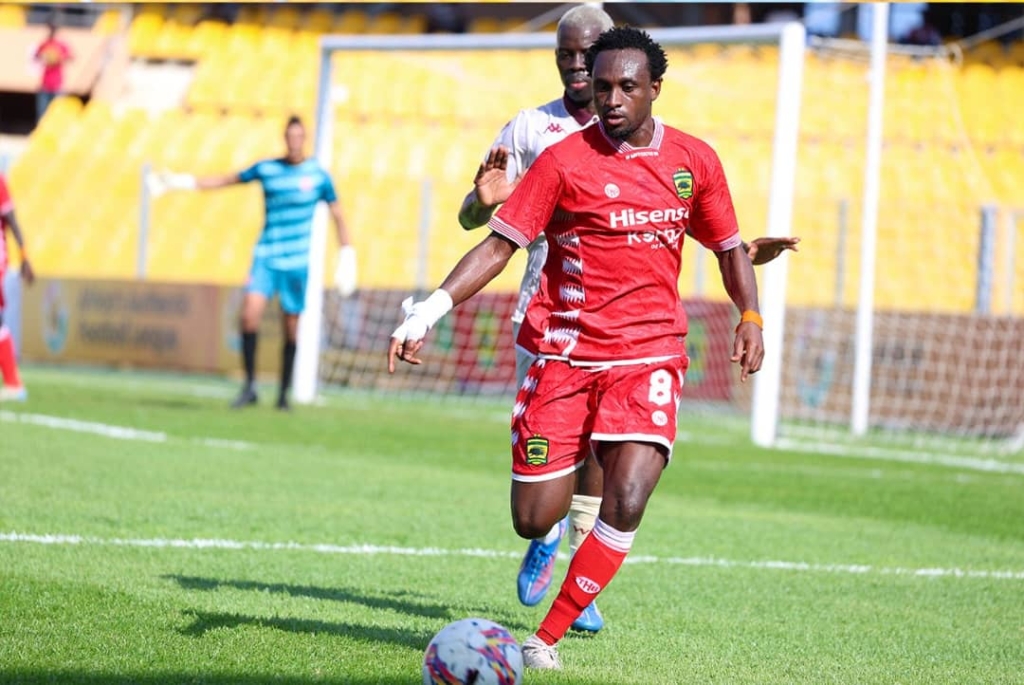
In their first in-person meeting since Hamas’s 7 October assault on Israel, which prompted retaliatory attacks and a blockade on Gaza, top European politicians have been under pressure to show unity.
“The European Council expresses its gravest concern for the deteriorating humanitarian situation in Gaza and calls for continued, rapid, safe and unhindered humanitarian access and aid to reach those in need through all necessary measures including humanitarian corridors and pauses for humanitarian needs,” said a statement.
European countries have failed to find accord on anything besides a strong condemnation of the attack.
Some nations have been emphasizing their support of Israel’s right to self-defence, while others have been more focused on the plight of Palestinian civilians in Gaza.
Right words
In the prelude to the summit, there was discussion of the terminology of the final statement. Some countries disagreed with the use of the term “ceasefire”. There was also a dispute over the use of “humanitarian pause” as that terminology would limit Israel’s ability to defend itself.
Adopting the term “pauses” implies short breaks in fighting rather than a formal ceasefire.
Irish Prime Minister Leo Varadkar said: “I’m not obsessed about what language we use. What we want is the killing and the violence to stop; to stop so that humanitarian aid can get into Gaza, where Palestinian people are … suffering, and also to allow us to get EU citizens out.”
He said that about 30 Irish Palestinian citizens are stuck. “We’re keen for them to be able to leave Gaza if they want to leave, and that’s currently not possible.”
German Chancellor Olaf Scholz added: “Israel is a democratic state that is led by very humanitarian principles, so one can be sure that the Israeli army will respect the rules that arise from international law in what it does. I have no doubt about that.”
The talks included reports from EU leaders who have recently been on the ground, including the French president Emmanuel Macron, who returned from the region on Wednesday.
While the EU’s influence on the conflict is modest, leaders discused diplomatic efforts to prevent an escalation into a regional war.
EU officials fear a regional escalation could spark a new migration crisis with a large flow of refugees into Europe.
Debate about migration is expected to focus on agreements with third countries, such as the controversial deal with Tunisia, which may serve as an example for other potential agreements.
Also on the agenda is the war in Ukraine.
“Developments in the Middle East require our immediate attention, without distracting us from our continued support to Ukraine,” EU Council president Charles Michel said in his invitation letter to the summit.
Support for Ukraine
Ukraine’s president Volodymyr Zelensky addressed the summit via video.
He urged the bloc to continue its support for his country in its war with Russia and to show unity in the face of the Russian president Vladimir Putin who ordered his country’s troops into Ukraine in February 2022.
Without mentioning the meeting of the Hungarian prime minister Viiktor Orban’s with Putin on 17 October in Beijing, Zelenskyy told the leaders: “And one more thing, I thank everyone who is making every effort to preserve unity. Unity with Ukraine. Unity within the European Union.”


